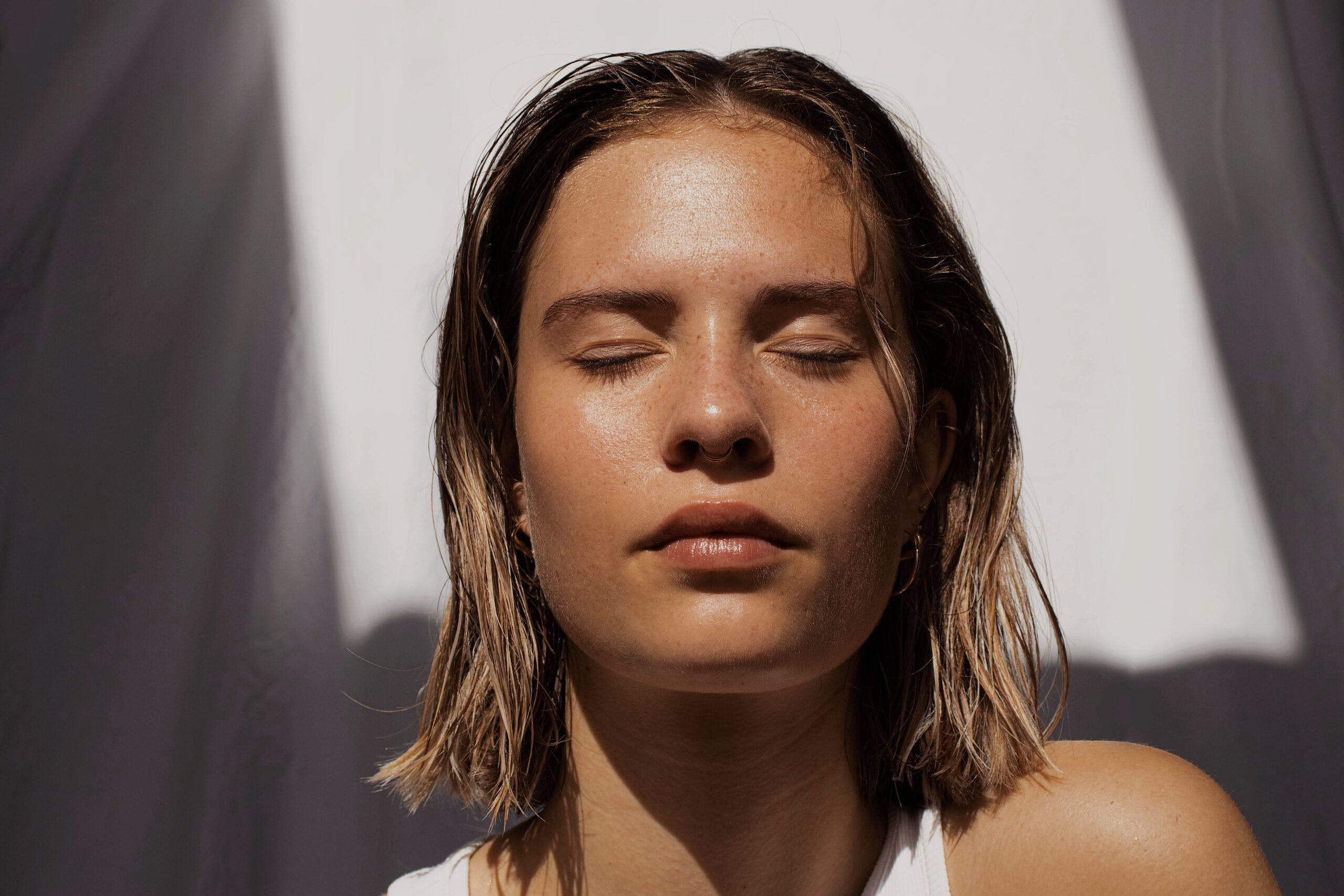The human body is nearly 70% water. This is something you’ve probably been told a fair few times in your life as an article, teacher, friend, or parent went on about the importance of staying hydrated. If you’ve been hungover before, you know how terrible severe dehydration can feel, but many of us aren’t aware of the less drastic symptoms of being dehydrated.
Among many other things, dehydration can zap the life out of your skin, leaving you with breakouts or skin that is dull, dry, itchy, or flaking. Beyond this, the methods you’re using to hydrate can negatively or positively influence your skin. The following will explore a few essential ways water interacts with your skin and what you can do to help facilitate a dewy glow.
Drink High-Quality Water
Building on the previous point, most tap water contains toxins like microplastics, heavy metals, and other endocrine disruptors like the remnants of other people’s prescriptions and hormonal birth control, which enter the water supply every time someone who takes prescription medication or birth control urinates. Since so many people are on birth control and prescription medications, this can result in high levels of medical and hormonal substances in the water, particularly in high population density areas. Couple this with the severe microplastics crisis we’re facing, and you have a recipe for water that messes with people’s hormones. And since your hormonal balance is reflected by your skin (and your appetite, weight, sleep habits, and more), it’s important to ensure the water you’re drinking is as clean as possible.
You need to be taking steps to clean the water you’re using. The first step is to seek out a water testing kit because knowing what’s in your water can help you select the right type of filter for your home. Beyond combatting the hormone imbalance elements in your drinking water, filters can be applied to bathtubs and showerheads to help protect your skin from harsh water cleaners like chlorine which are commonly found in tap water provided by cities. Chlorinated water causes the skin to dry out and also increases redness, inflammation, dryness, and itchiness. Beyond this, chlorinated water has been linked to several types of cancer.
Drink Water From Glass Or Stainless Steel
First and foremost, it is vital to note that no skincare product or regime is going to make up for your not drinking water. You need to be drinking water throughout your day, every day for the rest of your life. Hydrated skin has the water it needs to keep its outer layer (the epidermis) healthy. Without enough water, that layer can lose elasticity and end up feeling rough to the touch. If you sweat during the day, it’s even more important to hydrate because sweating results in a loss of body water.
Often to encourage water drinking, people carry around a water bottle with them that they fill throughout the day. This is a fantastic approach, provided the bottle you select is not made of plastic. It doesn’t matter if it’s BPA-free plastic. BPA is just one of many, many toxic chemicals that are leached into the water when you drink from a plastic water bottle. These toxic chemicals mess with your body in a number of ways (particularly in regards to your hormonal or endocrine system) and often have a visible impact on your skin.

Use A Humidifier
If the air in your home is particularly dry, this can negatively impact your skin. If you wake up with a sore, dry, or scratchy throat or if your lips crack in your sleep, there’s a very strong chance the air is too dry in your home. Seeking out a humidifier can make a huge difference. When there’s enough water in the air, your skin doesn’t dry out as fast. Be careful that you don’t over-humidify, however. Too much moisture in the air can lead to mold and mildew growth and can cause congestion.
Dehydrating Choices
Drinks that have diuretic properties, such as alcohol and coffee, can combat all your hydration efforts and dry out your skin regardless of how much water you’re drinking. Everyone’s lifestyle is different, and there is no judgment here, but if you’ve taken careful steps to ensure you’re skin is hydrated, but it still looks rough or feels dry, you may want to consider your alcohol or coffee consumption levels.
This doesn’t mean that alcohol use or drinking coffee is forbidden. One or twice a month, during a happy night out, drinking alcohol will not harm you. But you need to make sure that you take care of yourself the next day, to rehydrate your body and detox it. Only water, in this case, is not enough sometimes, so many people tend to take IV fluids for hangovers. To find IV therapies in your area, you can simply search for clinics within your location such as mobile IV therapy in Austin, replace the location name with your city, and find their services.
The information should have highlighted how vital hydration is for healthy, glowing skin. Getting enough clean water into your system, getting the air around you at an appropriate humidity level, and cutting out dehydrating choices or habits can result in lively skin. Of course, skin cells take about a month to fully turn over, and this means that you need to employ a new habit for about a month before you can know how it is impacting your skin. Your skin right now is a reflection of your habits last month, not what you did to it yesterday.



Comments are closed.